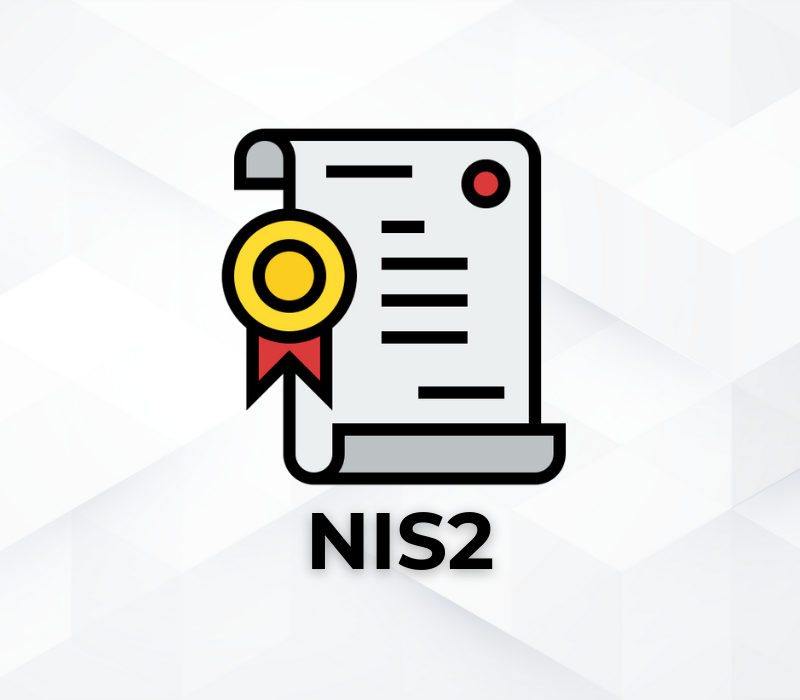NIS2 Cybersecurity Trainings
NIS2 (Directive on Security of Network and Information Systems) requires organizations to implement robust measures to protect the continuity and security of essential services, including the cybersecurity of their networks and systems.
Organizations must provide regular training to employees on cybersecurity practices, ensure management oversight, accountability and support for security policies, and conduct ongoing risk assessments and audits to maintain compliance with NIS2. To ensure compliance is auditable and sustainable, cybersecurity training should be seen as an ongoing effort, not just a one-time activity.

NIS2 (Directive on Security of Network and Information Systems) requires organizations to implement robust measures to protect the continuity and security of essential services, including the cybersecurity of their networks and systems.
Trusted by
NIS2 Cybersecurity Specifics
The NIS2 directive has established 4 core pillars that are the foundation of the directive and provide input for the further minimum security measures:








